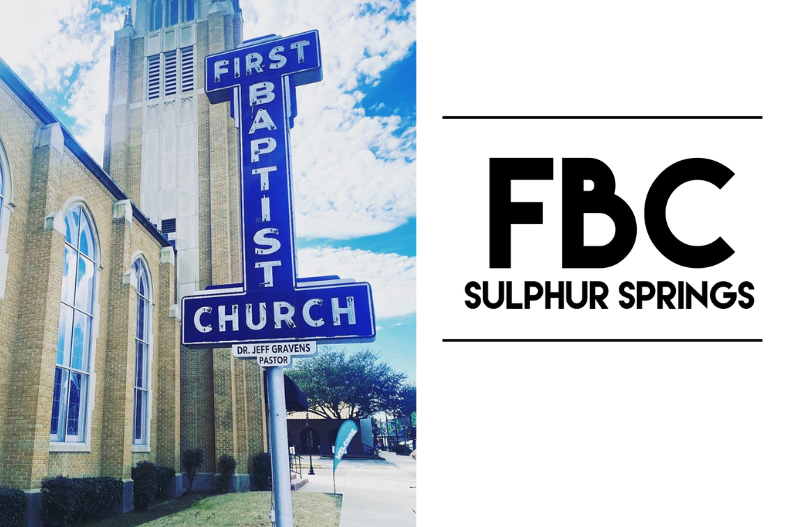Perhaps the most well-known generation, Baby Boomers, was born following World War II in the years 1946 to1964 and earned their name due to the increase in birth rates following the war. Many young couples waited to start families after the war when soldiers returned home, and the financial pressures from the Great Depression began to diminish.
In the past year, the pace of retirement has accelerated for Baby Boomers, and as of July 2019, Millennials have surpassed Baby Boomers as the largest generation in America. This is due to several factors including Millennial growth from young immigrants and Baby Boomers shrinking due to their increasing age. As Baby Boomers retire, many seek new meaning they may have found in their work. Although the majority are still working, the number retiring continues to increase every year. A goal-oriented and self-assured generation, Baby Boomers look to spend their time fulfilling their ambitions or working toward a bigger cause. Valuing relationships with friends and family, Baby Boomers seek to deepen relationships with relatives and others in their community.
According to Pew Research, 44% of Baby Boomers say they rely on common sense rather than referencing religion (28%) when seeking advice on right and wrong. 74% of Baby Boomers believe in a heaven, but only 59% believe in hell. This loose ideology may be partly due to the growing group of Americans who do not affiliate with a particular religion: a trend currently led by previously Church-going millennials. On the surface it appears that belief in God is decreasing. Still, another important consideration is the fact that it is now more socially acceptable not to be affiliated with a religion. In other words, those who do not believe may be more honest about it. Surveys conducted in the ’70s and ’80s in America showed about 10% of individuals identified as atheists, agnostics, or “nothing in particular.” Today that percentage has climbed to 23%. When comparing generational groups (i.e., Millennials, Baby Boomer Generation, and the Silent Generation), younger generations seem to be more comfortable identifying as atheists even if they show similar levels of religious commitment.
Of those that attend church, many Baby Boomers do not often invite others to church, but considering their aging population, inviting their neighbors and friends of the same age may be crucial to reaching this cohort before they pass. The church can offer the Baby Boomer generation the meaning and purpose they may be missing in retirement. Being goal-centric and valuing hard work, Baby Boomers may appreciate working or volunteering for the church once they foster friendships and build connections with members of the congregation.
Baby Boomers often find value in their work but are now reaching a retirement season; many are searching to enjoy their golden years and answers to many questions about Christ and religion. Although the majority are still enjoying their careers and are retiring later than generations before them, Baby Boomers aren’t looking to quietly relax into their later years. Instead, they want to remain active and involved in their community.
The Church can offer volunteer opportunities or social events to engage Baby Boomers looking to reconnect or deepen relationships with other churchgoers and their relationship with Christ. Recent research has shown that one in five Baby Boomers has increased their religious and church activity within the past few years. Older Baby Boomers that had once turned from their religion are returning as they age. Many seek answers and are looking to reconnect with their local church, so offering inclusive events or in-depth discussions that address local issues would be welcomed by Baby Boomers.
Baby Boomers are a generation with increasingly more time on their hands, one looking to make a difference and get involved. The Church can offer them both friendship and answers to questions about Christ, the meaning of life and thereafter. Churches should not squander this opportunity, but rather as more and more Baby Boomers return to church, welcome and actively involve them in their community.
Andrew Esparza is the founder of Kingdom Analytics. This company has served over 300+ organizations doing good globally by helping better connect them to their community, congregation, or customers using advanced demography research. He also has experience in the church world working for the largest high school ministry in the country at North Point Community Church. Andrew graduated from Arizona State University with degrees in Design Management and Tourism Development and is CITI certified in Social and Behavioral Research.




